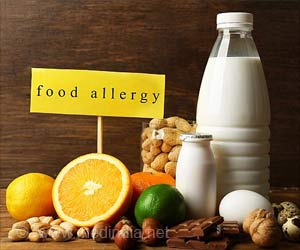Benefits of probiotic drinks might be more hype than real. The European Food Safety Authority says it found at least two thirds of the claims submitted to it untrue.
Benefits of probiotic drinks might be more hype than real. The European Food Safety Authority says it found at least two thirds of the claims submitted to it untrue.
As a result of the ruling, producers of many probiotic supplements, yoghurts and drinks won’t be able to say they boost the immune system or kill harmful organisms in a person’s stomach.The digestive system is home to more than 400 species of bacteria and 70% of the body's immune system is actually in the intestinal tract. In fact, there are more bacterial cells in the digestive system than there are cells in the entire body. Taking a probiotic supplement can help the body to maintain this critical balance, which can help the digestive system function effectively and enhance the body's natural defenses, so goes the argument.
But claims relating to more than 200 foods and food components such as vitamins and minerals, fibre, fats, carbohydrates and "probiotic", or therapeutic, bacteria were dismissed as unreliable by the European watchdog.
Dietary fibres, fatty acids for maintenance of cholesterol levels, and sugar-free chewing gum for maintenance of dental health were also investigated by the agency.
Other claims that were rejected included special bacteria that are supposed to aid digestion and boost the immune system, beta carotene additives for sunscreen and shark cartilage for healthy joints.
Under European rules, consumers are protected from fake claims through the banning of publication of any information which may be false, misleading or difficult to understand.
Advertisement
“There were many claims on the market and consumers needed to be reassured that these claims were accurate and were backed by science," said Albert Flynn, chairman of the agency’s expert panel.
Advertisement
"From an industry perspective, it means that there would be a level playing field for food companies so that they compete fairly and make the claims that are authorised."
The EU agency said more than 4,000 other claims are still to be investigated, Andrew Hough reported for Telegraph.
Source-Medindia
GPL








